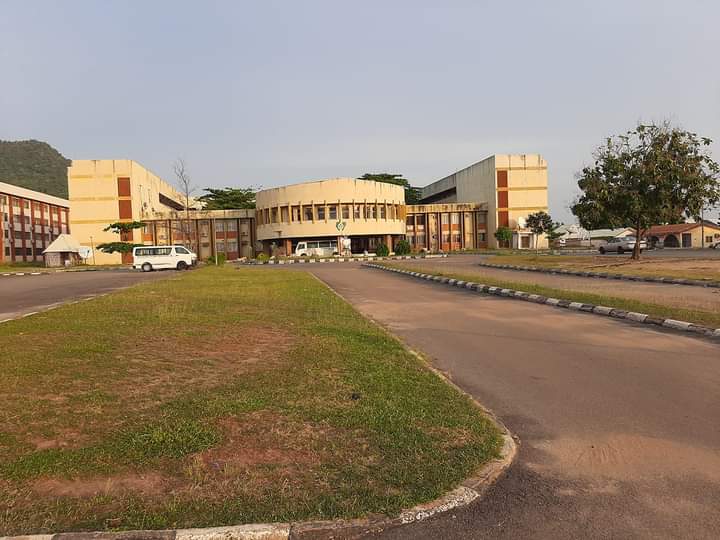Kogi State has been thrown into total blackout as workers in the state comply with the two-day warning strike by the Nigeria Labour Congress (NLC).
The strike is in response to the recent increase in petrol prices following subsidy removal by the Tinubu administratoon which has affected the prices of food commodities and transportation nationwide.
Following the nationwide protes in July, the NLC called for a warning strike to register its displeasure over government’s inability to negotiate with the organized labour and implement salary raise for government workers.
Persecondnews reports that as a result of the strike, government offices in Lokoja metropolis including the State Secretariat have been shut with only skeletal operations in critical sectors.
The State government has yet to make a statement regarding the situation or the demands of the workers.
Persecond News reports that the strike has crippled essential services such as health, transport, and banking, leaving many residents stranded.
Addressing journalists in Lokoja, the Kogi State NLC Vice-Chairman, c6omrade Eleojo Opaluwa, said the strike is a right step towards getting the government’s attention.
According to him, the state unions would not stand in isolation but join in the ongoing national strike until their voices are heard, and their demands are met.
“As we speak, the electricity supply has been shut down in the 21 LGAs of the state as well as Government House. And this goes along way to tell you that the strike is an effective one,” Opaluwa said.
Meanwhile, residents of Kogi State have lamented the hardship associated with the strike with no palliative measures in place to cushion the effect of the fuel subsidy removal.
Some residents who spoke to Persecondnews, said the hardship is biting harder, and many residents can barely afford a meal a day.
It would be recalled that the Kogi NGO Network,(KONGONET) had earlier in a communique demanded that the state government should include the palliative measures in its plans to cushion the effect of subsidy removal.























Leave a comment